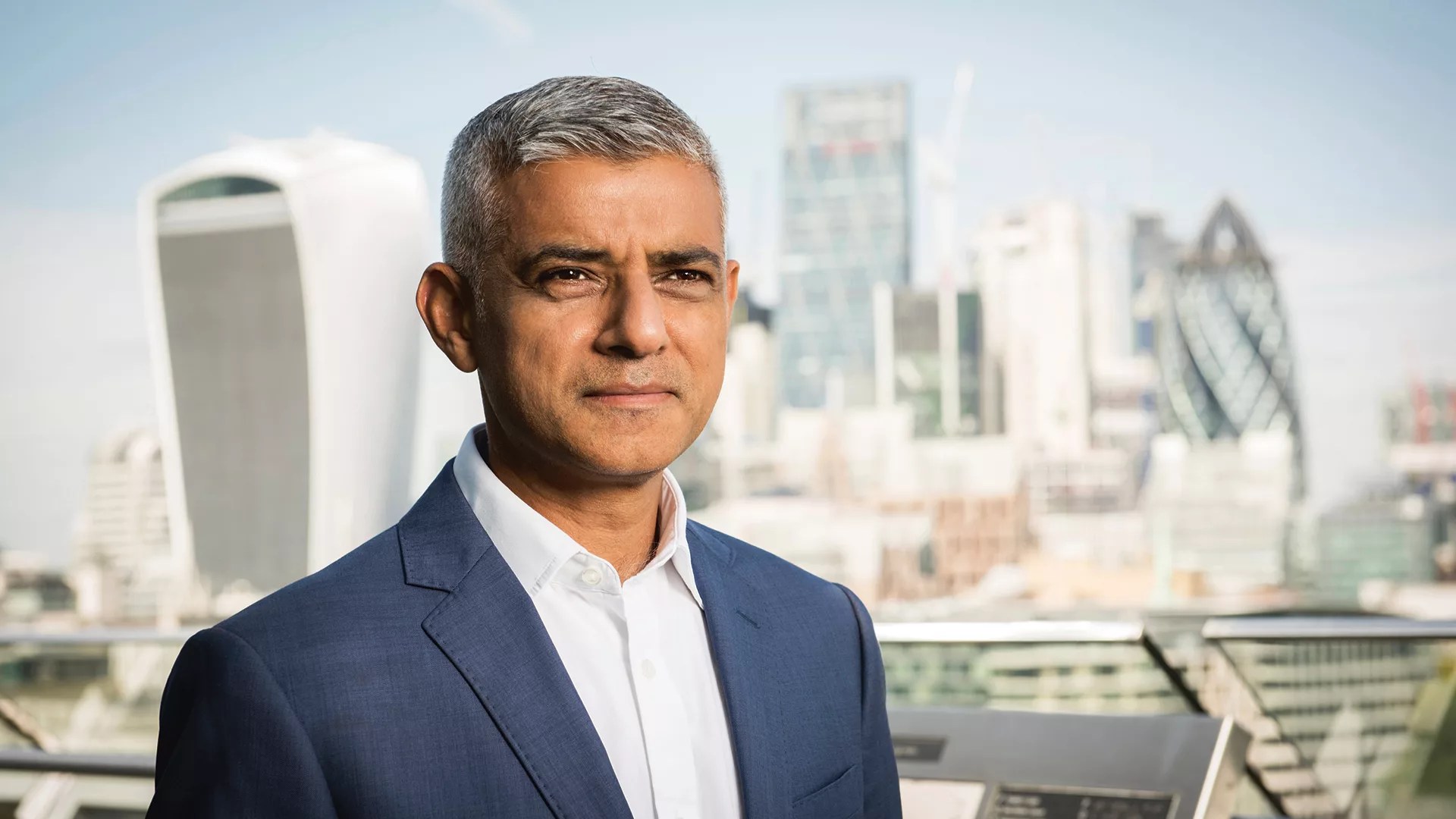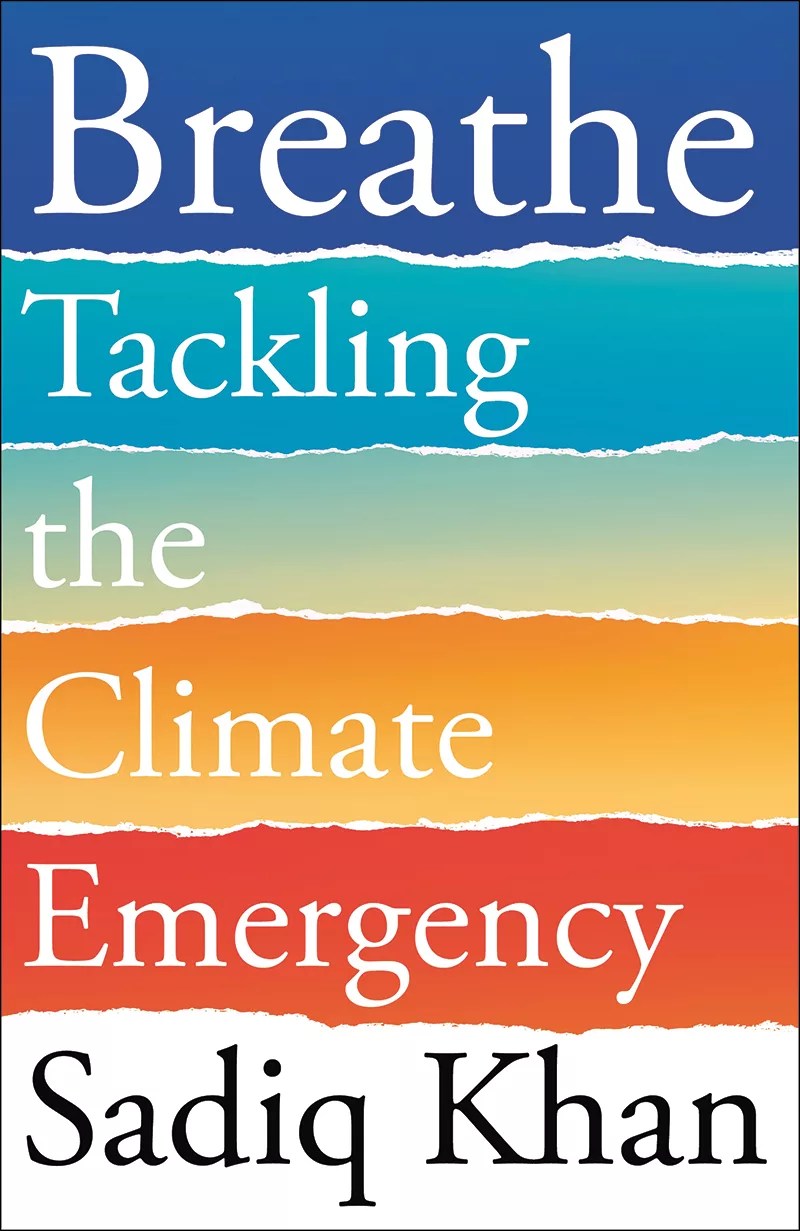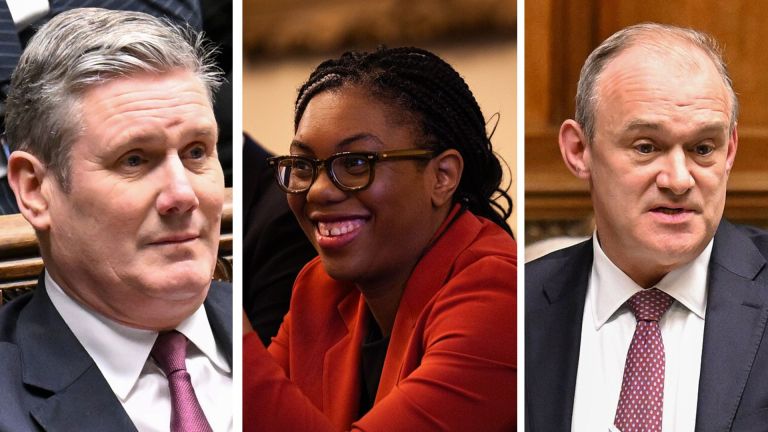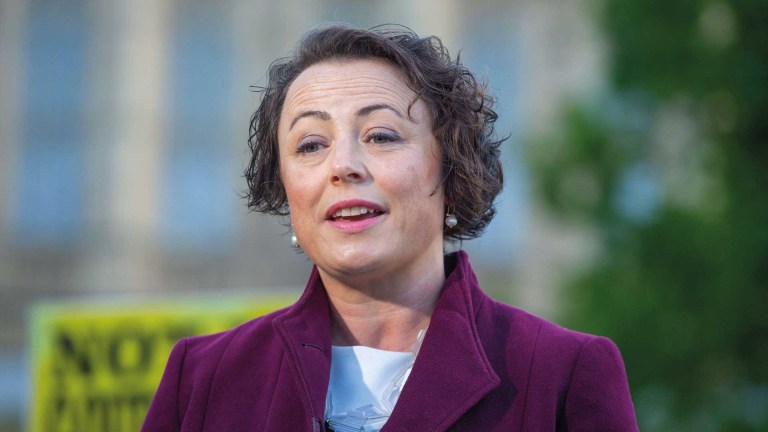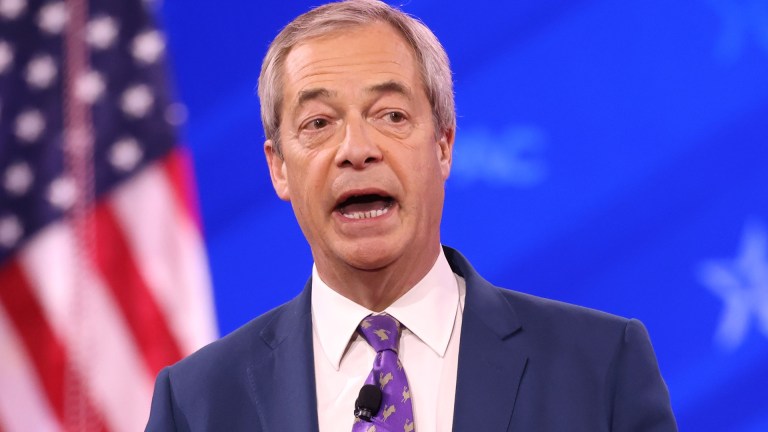But when I suggest what it might be if, perish the thought, he doesn’t win next year’s election, this is what follows, with barely an “um” or a pause interrupting the flow.
“There are a number of things I’m proud of in the first seven years. We’ve started building more council homes than any time since the 1970s. In the year before I became mayor the number of homes where you pay a social rent was three. Three. It’s more than 24,000 since I’ve become mayor.
“In the last five years we’ve completed more homes, on average 35,000 a year, than any time since the 1930s. We’ve managed to – by providing mentoring for young people, reopening youth clubs and employing youth workers – buck the national trend by reducing violent crime, youth crime, gun crime, burglaries and so forth. We’re now providing free training for anybody unemployed, anybody long-term unemployed, anybody receiving below minimum wage.
“So lots of things I’m proud of, not least in the centre of London, cleaning up our air by 50%, inner London by a further 20%, planting record numbers of trees, increasing fivefold the number who are cycling, more electric buses than any city in western Europe, more rapid charging points than any city in western Europe. So there are lots of things I’m proud of, but legacy you should ask me about in 12 years’ time.”
OK, but if there was just one? “Standing up for our values,” he replies.
Even putting the health scare aside, you might think writing a book alongside running a city of nine million people would be a stretch. That’s why Khan’s here, by the way. Breathe, which he dubs a “handbook for hope”, is a memoir-cum-manifesto detailing his efforts to clean up London’s air.
Advertising helps fund Big Issue’s mission to end poverty
“Rather than sleeping five hours, I was sleeping four and a half hours every night. I used the Christmas break – not this Christmas, the one before – Christmas Eve until 30 January, breaking the back of the book,” he says.
“I wrote bits when I was on the tube or bus on my iPhone. It was tough finding the time to do it, really tough. But you know, if you want a job done, ask a busy person to do it.”
It’s because of my kids, my family, I’m doing this stuff. We can be the first generation to do something about it, or the last generation not to
Sadiq Khan
Politicians usually wait until they’ve left office to write the big book. But Khan consciously wanted to do it the other way round, while giving others the practical tools to tackle climate change.
“It’s because of my kids, my family, I’m doing this stuff. Listen, we can be the first generation, my generation, to do something about it, or the last generation not to. I’m somebody who became sick by doing something I enjoy in the city I love. That can’t be right. I’m somebody who thought I was quite well-informed. Clearly not.”
He’s talking about another health scare – being diagnosed with adult onset asthma at the age of 43 while training for the London Marathon – which put him on the path to clean air. It’s “absolutely” a book about winning elections. Khan knows, without hesitation, exactly how many days he’s got left in office – 370 when we speak.
Key to extending that number will be the ULEZ. The Ultra Low Emission Zone, introduced in 2019, imposes a daily charge of £12.50 for vehicles that don’t meet exhaust emissions standards. Come August, it’s expanding to all boroughs in the capital.
Advertising helps fund Big Issue’s mission to end poverty
Opposition has been vocal. Some opponents, he says, have genuine concerns. He hopes these will be addressed by the scrappage scheme – grants to replace non-compliant vehicles. But there are others with less sincere motivations.
“Others have latched on to this and have conflated a whole load of issues – low traffic neighbourhoods, 20 mile per hour limits, 15-minute cities, cycle lanes – and they think I’m the bogeyman. Others are bad actors, conspiracy theorists, covid deniers, anti-vaxxers. They’re all conflating this,” he says.
“My worry is that decent genuine people with concerns are being used by these others. And so, we’ve got to address the concerns genuine people have and recognise this is a vocal minority who is using this opportunity. The silent majority, I think, are with me.”
Get the latest news and insight into how the Big Issue magazine is made by signing up for the Inside Big Issue newsletter
Khan talks in terms of silent majorities and vocal minorities. But he is being taken to the high court over the ULEZ expansion by four London boroughs – Brexley, Bromley, Harrow and Hillingdon – and Surrey. This, surely, is less easy to write off than the objections of a few cranks. Khan stresses the importance of persuading people – and yet there’s a degree of difference between getting round the table and going to the high court.
“Yeah, but who’s gone to the high court? There are 32 boroughs in London, 32 boroughs. There are 73 MPs in London. The four councils going to court are Tory boroughs. The one outside London is a Tory
bor-ough,” he says.
Advertising helps fund Big Issue’s mission to end poverty
“The MPs opposing are Tories, save for two Labour ones, so this is politics, right?”
And with typical message discipline, he returns to what you suspect will become a fixture of the election narrative: “We now know what the dividing line is: clean air with me, toxic air with the Tories. That’s the choice.”
There’s long been speculation – as with Andy Burnham, the other mayoral king-across-the-water – that Khan is biding his time for a return to Parliament. The last mayor of London, after all, became prime minister. Khan’s team has previously said he has “absolutely no plans” to run for Parliament. But plans can change. I ask if he would ever go back. He answers firmly: “No.”
When Khan gets up and leaves, ending with optimism at the prospect of working with a Labour government, it’s brisk, a well-practised handshake as he stands up. Everyone’s still working on their laptops.
Do you have a story to tell or opinions to share about this? We want to hear from you. Get in touch and tell us more.
Breathe: Tackling the Climate Emergency by Sadiq Khan is out now (Hutchinson Heinemann, £16.99). You can buy it from The Big Issue shop on Bookshop.org, which helps to support The Big Issue and independent bookshops.
Advertising helps fund Big Issue’s mission to end poverty
This article is taken from The Big Issue magazine, which exists to give homeless, long-term unemployed and marginalised people the opportunity to earn an income.To support our work buy a copy! If you cannot reach your local vendor, you can still click HERE to subscribe to The Big Issue today or give a gift subscription to a friend or family member. You can also purchase one-off issues from The Big Issue Shop or The Big Issue app, available now from the App Store or Google Play.
